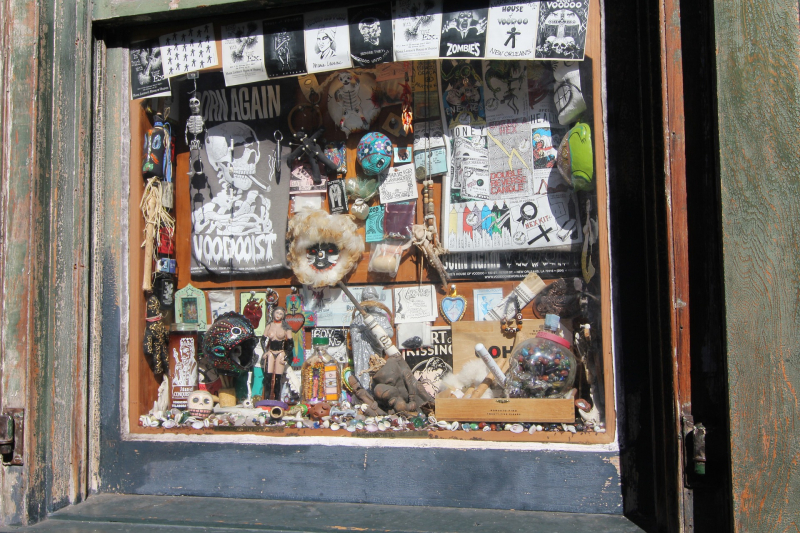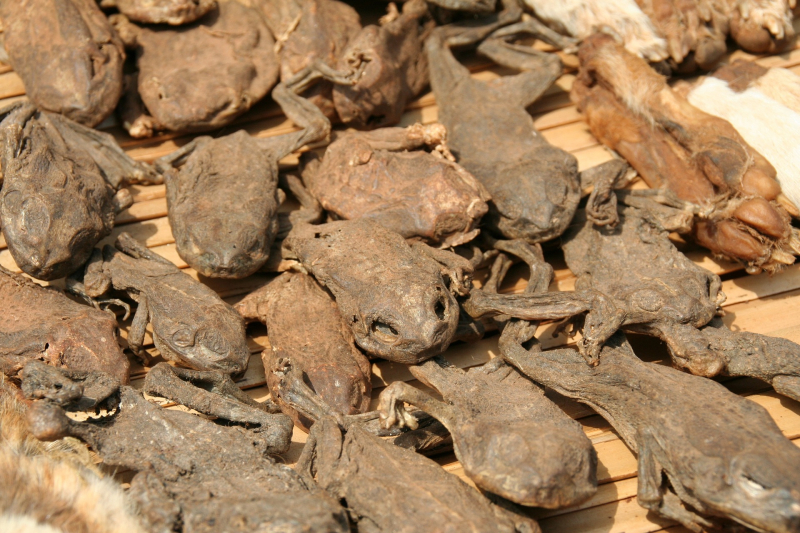Definition of Vodou

Vodou is an oral tradition performed by extended families who inherit familial spirits from their elders as well as the essential devotional activities.
In the towns, more formal "societies" or "congregations" (sosyete) are made up of local hierarchies of priestesses or priests (manbo and oungan), "children of the spirits" (ounsi), and ceremonial drummers (ountgi).
There are some geographical differences in ritual practice in Haiti, and branches of the religion include Rada, Daome, Ibo, Nago, Dereal, Manding, Petwo, and Kongo. There is no centralized hierarchy, no one leader, and no official spokesperson, but numerous groups attempt to build such formal structures from time to time.
There are other secret societies, such as Bizango or Sanpwèl, that have religious and legal functions. Knowledge is passed on in these congregations through an initiation ritual (kanzo), in which the body becomes the site of spiritual transformation.
Vodou is a worldview that encompasses philosophy, medicine, justice, and religion. Its primary idea is that everything is spirit. Humans are spirits who live in the visible world. The unseen world is occupied by lwa (spirits), mystè (mysteries), anvizib (the invisibles), zanj (angels), and the spirits of ancestors and the recently deceased.
All of these spirits are thought to reside in the mythical realm of Ginen, a cosmic "Africa". The major objective and action of Vodou is to sevi lwa ("serve the spirits"), to offer prayers and execute other devotional ceremonies directed towards God and specific spirits in exchange for health, protection, and favor.
The popular image of Vodouisants putting pins into Voodoo dolls is not representative of real Vodou. Vodouisants, on the other hand, consecrate dolls to certain lwa and use them to attract a lwa's influence.






